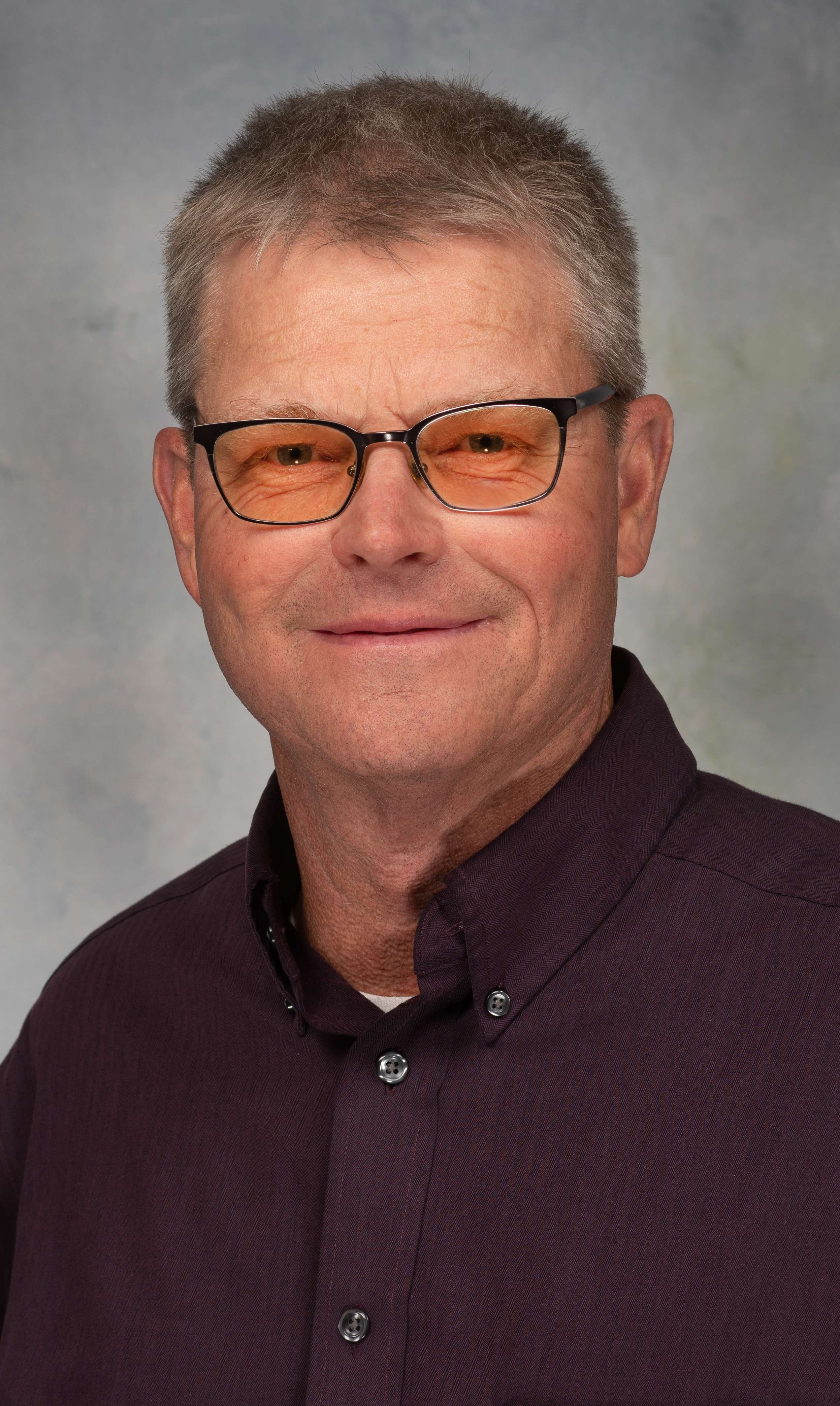
By STACY CAMPBELL
Cottonwood Extension Dist. Agent
Cropping options to follow an early terminated wheat crop could be similar to those for full-season crops. At this point in the season, viable crop options are still corn, soybeans, grain sorghum and feed/hay crops.
Regardless of which crop you choose to plant, weed control will likely be needed. Despite insufficient precipitation to produce a crop, many fields will still have emerged weeds and all fields will have a weed seed bank likely to emerge and compete with the summer crop. In addition, any remaining wheat will need to be terminated. Burndown of summer annual weeds present at planting is essential for successful double-cropping.
Glyphosate will be effective for terminating wheat, but if glyphosate-resistant kochia and/or pigweeds are present, alternative treatments such as paraquat may be required.
General agronomic considerations, herbicide carryover, and weed management are fully addressed in the full length article on our K-State Agronomy eUpdate electronic newsletter. Also you can subscribe to this weekly newsletter, it only takes a minute to subscribe and K-State Research & Extension does not share your email with anyone.
To subscribe https://eupdate.agronomy.ksu.edu/index_new_prep.php Or just type into your internet browser K-State Agronomy eUpdates.
Cover Crops - Less information is available regarding the herbicide carryover potential of wheat herbicides to cover crops. There is little or no mention of rotational restrictions for specific cover crops on the labels of most herbicides. However, this does not mean there are no restrictions.
Generally, there will be a statement indicating “no other crops” should be planted for a specified amount of time, or that a bioassay must be conducted before planting the crop. A bioassay is a fancy word meaning you simply take about 2 to 3 inches of top soil from field(s) in question and place the soil in some type of shallow container. Then plant at least 10 or more seeds of the intended crop to be planted, water and place in sunlight and see if the seed comes up and lives.
For more detailed information about herbicides, see the “2023 Chemical Weed Control for Field Crops, Pastures, and Noncropland” guide available online at https://www.bookstore.ksre.ksu.edu/pubs/CHEMWEEDGUIDE.pdf or come by the Cottonwood Extension Offices in Great Bend, 3007 10th Street or Hays, 601 Main Street, for a paper copy.
The use of trade names is for clarity to readers and does not imply endorsement of a particular product, nor does exclusion imply non-approval. Always consult the herbicide label for the most current use requirements.
Stacy Campbell is a Crop Production Extension agent in the Cottonwood District (which includes Barton and Ellis counties) for K-State Research and Extension. You can contact him by e-mail at scampbel@ksu.edu or by calling 785-628-9430.






